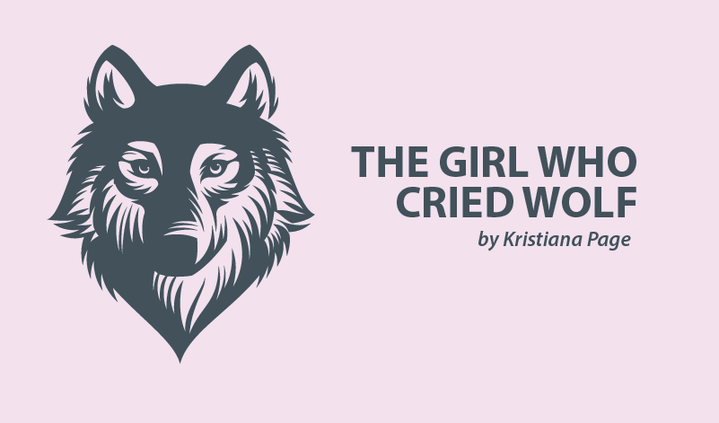What Works for You Might Not Work for Me
Written by |

I’m wary of taking advice from anyone, because people rarely understand what lupus is or how it affects my body. They merely know of someone who has the disease. Most people don’t appreciate that it’s a diverse illness with no simple solutions or easy fixes. What works for one person isn’t guaranteed to be of benefit to another.
After my diagnosis, I had several treatment options, but no way of knowing how my body might respond to these approaches. The obvious ones were immunosuppressant medications and a type of radiation that’s similar to chemotherapy. Given that I was 20 when I received my diagnosis, my nephrology team knew that radiation was likely to damage my fertility, so they settled on the immunosuppressant CellCept (mycophenolate mofetil).
I was incredibly lucky. My body responded positively to CellCept, and I could tolerate high doses for a period. Within months of beginning treatment, I was taking 3,000 mg of immunosuppressants daily. Unfortunately, my body could only sustain this for three or four months. Though it successfully suppressed my immune system, the rest of my body struggled to cope, and my hair began to fall out.
Most people can’t comprehend that the treatment and management of a single disease isn’t a universal approach. And they struggle to understand that what my body can and can’t cope with, even in terms of medication, can change at the drop of a dime.
I get recommendations on how to improve my life with lupus all the time. I’ve had people tell me to go gluten-free and dairy-free based on their hearing the words “lupus” and “autoimmune disease.” They don’t even allow me to mention that I have test results that show these “inflammatory” food groups don’t cause inflammation in my body. That’s not to say that they won’t cause me trouble in the future. But right now, I don’t want to spend precious time avoiding things that don’t hurt me.
My fellow Lupus News Today columnist, Kellie McRae, finds that a plant-based diet eases her symptoms and reduces flares. I’m super stoked for Kellie — it makes me happy to know that she has found relief through her journey with elimination dieting. However, I accept her revelation for what it is: a revelation for her.
Some people swear that gluten-free, dairy-free, and vegan or plant-based diets have changed their lives and eased their symptoms. If following one of these regimens makes your life with lupus easier, then more power to you! But please remember that we are all different; if my lifestyle and diet differ from yours, it does not make my treatment invalid for my circumstances.
***
Note: Lupus News Today is strictly a news and information website about the disease. It does not provide medical advice, diagnosis, or treatment. This content is not intended to be a substitute for professional medical advice, diagnosis, or treatment. Always seek the advice of your physician or other qualified health provider with any questions you may have regarding a medical condition. Never disregard professional medical advice or delay in seeking it because of something you have read on this website. The opinions expressed in this column are not those of Lupus News Today, or its parent company, Bionews Services, and are intended to spark discussion about issues pertaining to lupus.





Leave a comment
Fill in the required fields to post. Your email address will not be published.